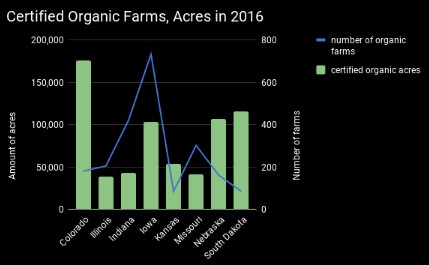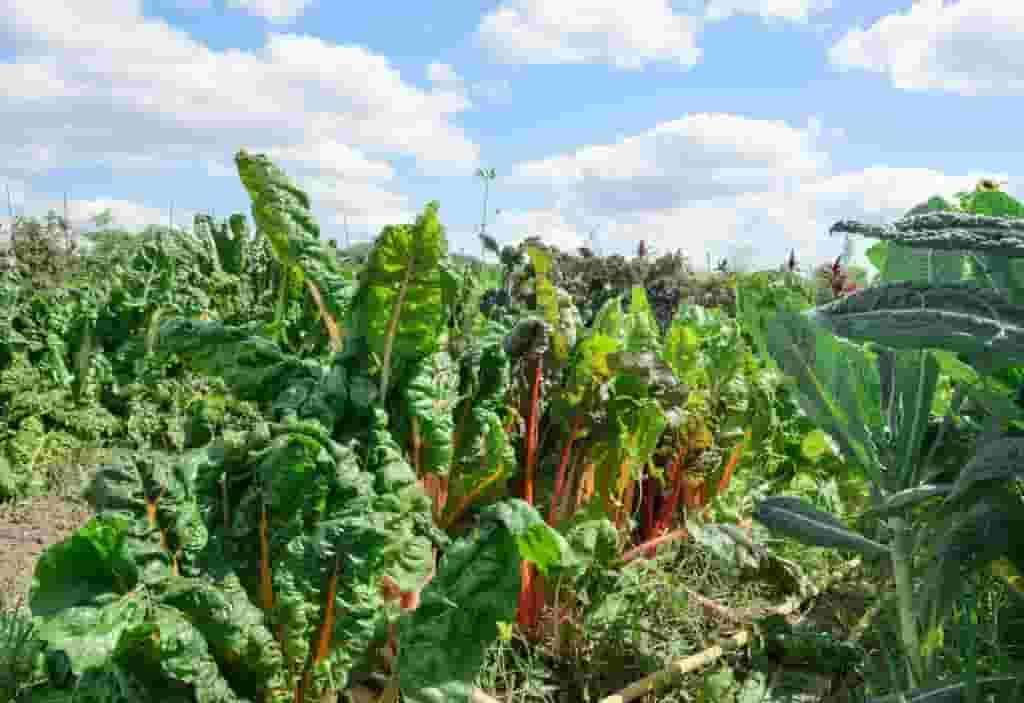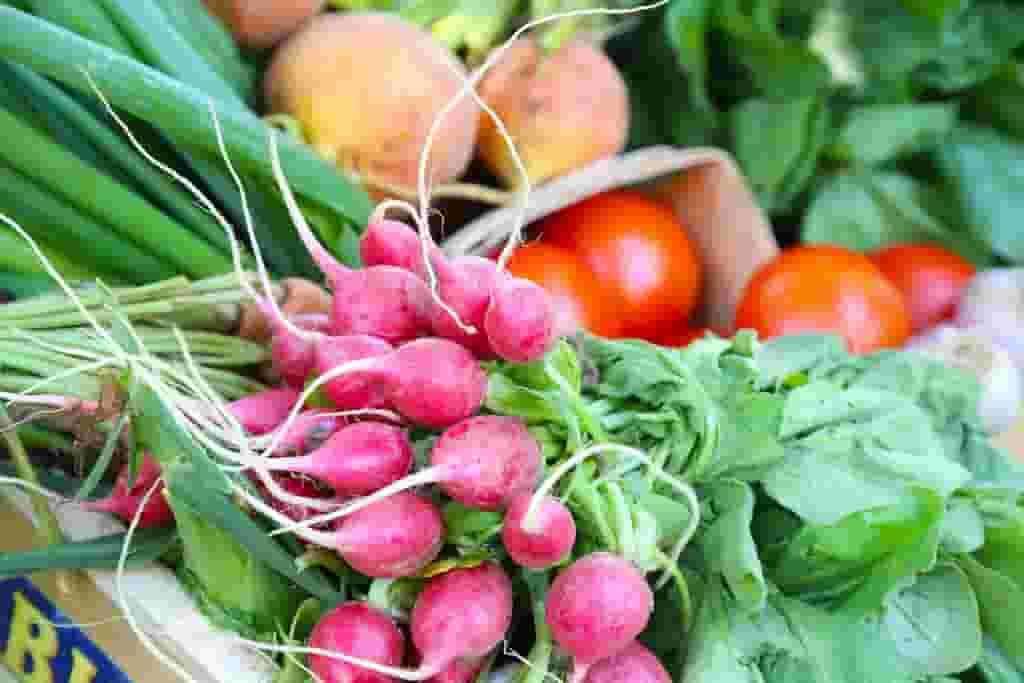Organic Farms

The term “organic “in the context of organic agriculture or farming means - free from the usage of synthetic pesticides or synthetic fertilizers. Organic fertilizer means that all the fertilizers that are used in the soil are natural. Some examples include, worms, peat and seaweed are just some examples. Organic farming encompasses a variety of factors. The following explains some of the key aspects of what it means to be organic:
- Free from genetically modified organisms also known as GMO’s.
- Organic products are government certified to ensure that foods are within the standard of what is classified as organic.
- Livestock are handled with the highest animal welfare standards such as ranged-run chickens or pasture fed cattle. All animals are also free from synthetic growth hormones.
- Farmers protect the water supply by ensuring that runoff doesn’t occur and preserve local ground water.
- Organic practices cherish the natural biodiversity by preserving traditional seed varieties and practice crop rotation. .
- Organic agriculture doesn’t use synthetic pesticides, synthetic fertilizers, sewage sludge, GMO’s, ionizing radiation or growth hormones in livestock
Organic Food

Organic food means that food is produced without synthetic pesticides or chemical fertilizers. The term “organic farming” was coined in 1939 by Lord Northbourne, in his book entitled Look to the Land. The book describes farming as an organism which refers to an ecologically balanced approach to farming. He compared “organic farming” to what we know today as “conventional farming” and made reference to it as chemical farming. The term conventional farming can be best described as food produced using modern agriculture methods. Often, conventional farming practices use synthetic fertilizers and plant GMO crops. In fact, it wasn’t until the 20th century that conventional farming practices emerged which introduced synthetic chemical fertilizers and put them into practice. It was only a matter of time before conventional farming practices became the norm and it wasn’t until the early 1940s that the organic farming movement remerged in response to the industrialization of agriculture - also known as the Green Revolution.

Organic Foods can sometimes be hard to identify since label laws are different in every country and in some cases are vary from different states or provinces. Organic certification is usually present in the form of a label or stamp. Certification just means that the foods are government regulated to ensure that consumers are actually buying organic. Organic standards are comprised of strict requirements that organic farm operators must follow for crops, livestock and farm products.
Organic Crop Management Practices
There are many challenges for organic crop farmers including managing weeds, insect pests and plant diseases. Managing weeds on an organic farm can range anywhere from crop rotation, mulching, shallow cultivation, plastic film, manual and flame wedding. Interestingly enough, some organic farm operators will even allow some weeds to grow in certain areas in their fields to mitigate soil erosion and improve organic matter. Similar to weed management, pest control is a multifaceted approach. Some common methods that farm operators employ include, crop rotation, crop diversification, releasing organisms such as worms and lady bugs, sanitation practices and careful planning for planting and harvesting crops all play an important role in how insects and pests are managed. Disease management is also an integrated approach to organic farming. Some of the strategies that are utilized for preventing diseases include, crop rotation, pruning, cleaning farm tools and equipment and selecting disease-resistant crop varieties.